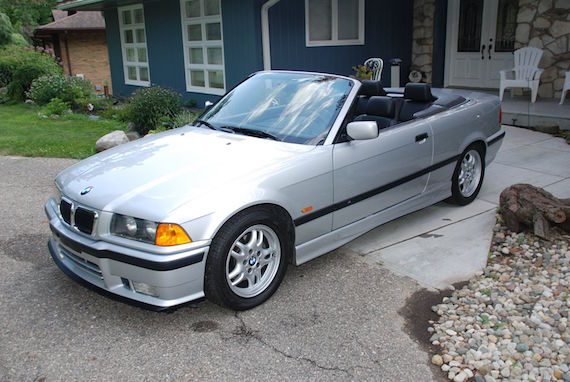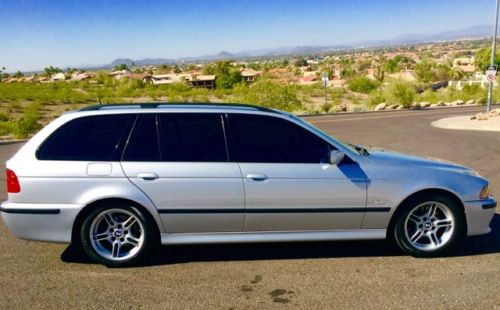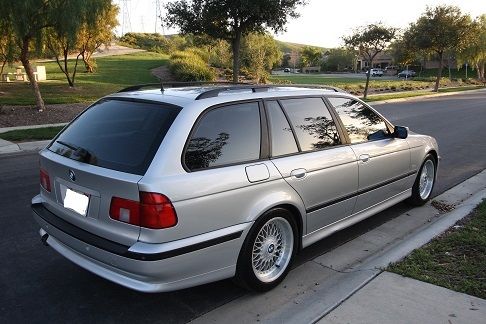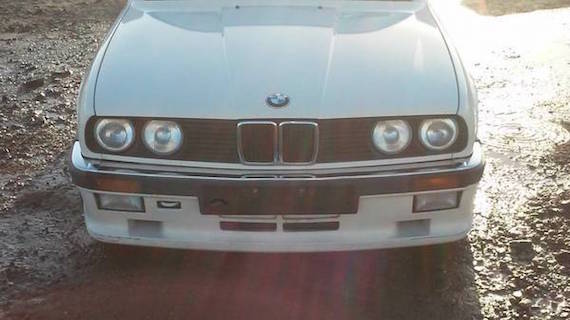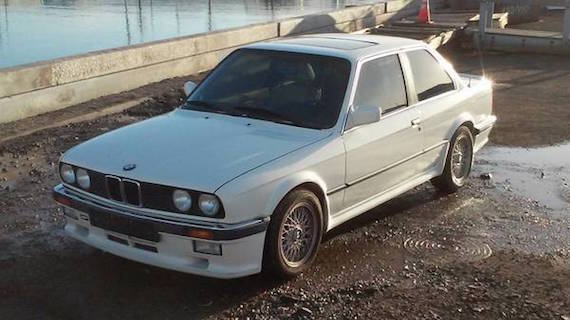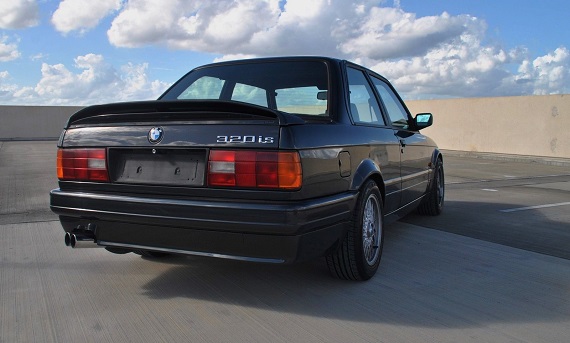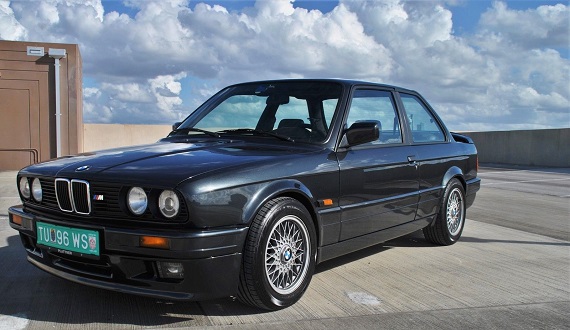As ’80s-All-Things-M-Mania’ has continued, getting into a clean E28 M5 is increasingly difficult – and expensive. Decently clean original M5s now start around $30,000 and can head up from there, with really exceptional examples selling for $50,000 or more. Didn’t this used to be the “cheap” M? Those days have passed and don’t show signs of returning soon.
What’s an enthusiast to do? Well, you could build your own. It’s not cheap or easy, but hey – if you’re in it to win it, why not see if you can source all the parts yourself? Or (and this is a much better option…) you buy one that has already been converted to M-specs. To maximize your investment, look for one with a rare set of parts attached, and preferably in European guise. Luckily, today we don’t have to look too far:



